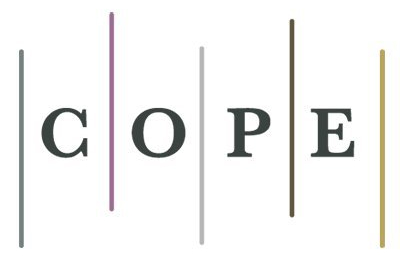Phronesis, Moral Judgment, and Ethical Decision Making: Experiences of Public Managers in the Area of Emergency Management
Keywords:
phronesis, prudence, practical wisdom, public management, emergency managementAbstract
The purpose of this article is to investigate how phronesis manifests itself in moral judgment based on the experience of public managers in situations of ethical decisions in the area of emergency management (risk and disaster management). We conducted a literature review on phronesis as a virtue of “acting well.” As methodological procedures guided by a phenomenological epistemology and qualitative approach, an in-depth interview, non-participant observation, and document analysis were conducted. The discussion of data was organized into three sections: context and circumstances in the area of emergency management, experience and tacit knowledge of managers, and cognitive, affective, and reflexive composition of phronesis. Some elements of phronesis are perceptible and contribute to the ethical decision-making process in view of the possibilities of limiting moral judgment, such as the context and contingency circumstances of emergencies, the affective dimension such as empathy, the need for mediation between instrumental aspects and the will to act with compassion, counseling as a reflective element, and memory and learning from past experiences. The conclusion is that, when conditions for moral judgment are not favorable and/or there are limiting factors - such as excess of technical and/or bureaucratic issues, a context of insecurity, and a purpose of protecting human life -, phronesis may help to develop an enlightened knowledge for the individual exposed to reviews, education and clarification about the social, political, and organizational context to which she or he belongs.
Downloads
Downloads
Published
How to Cite
Issue
Section
License
This work is licensed under a Creative Commons Attribution 4.0 License.
The O&S adopts a Creative Commons Attributions License 4.0 in all published works, except where specifically indicated by copyright holders.





